Are you exhausted while working in your garage because of extremely hot summers? Temperatures in the 90s and 100s are ideal for soaking up some rays. However, they might cause your garage to get too hot. There are a variety of ways to keep your garage cool and insulated in the face of the heat.
Table of Contents
The Benefits Of Keeping A Cool, Comfortable Garage
Why is it so hot in my garage? When the temperature rises, we all ponder this subject. Having a Cold Garage in the Summer isn’t the only advantage of learning how to cool a garage. Below, we’ll take a look at a couple of these advantages.
Having a well-ventilated garage is beneficial for a variety of reasons. It is essential to protect your items against intense heat and humidity, which may cause them to rust. Cool garages, on the other hand, allow users to utilize these areas for more than just parking their cars. It would be best if you had a comfortable temperature to operate your garage for automobile maintenance or arts and crafts hobbies. This might help you better use the remainder of your home’s space.
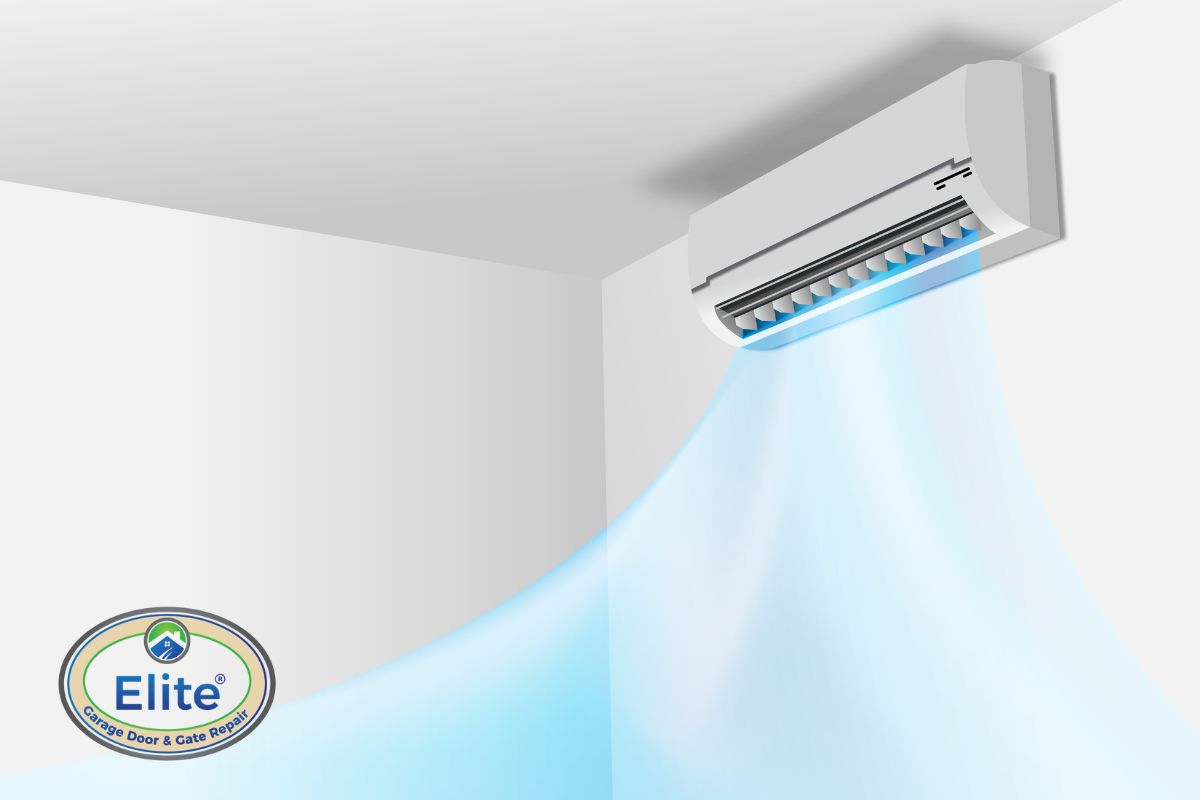
The Benefits Of Keeping A Cool, Comfortable Garage
1. Personal possessions are safeguarded.
You are probably storing personal belongings in your garage, like most folks. In this case, it’s fine if you are able to keep the temperature down. However, if your area isn’t Adequately Insulated, you run the danger of serious damage. Rust is caused by dampness and severe temperatures, for example.
2. Space that may be used for several purposes
It’s possible to transform your garage into more than a place to park your vehicles if you have a nice one. This space may be transformed into a workshop or a studio, increasing its use and usefulness. This, in turn, allows you to optimize your interior area, which may be highly advantageous to your daily routines.
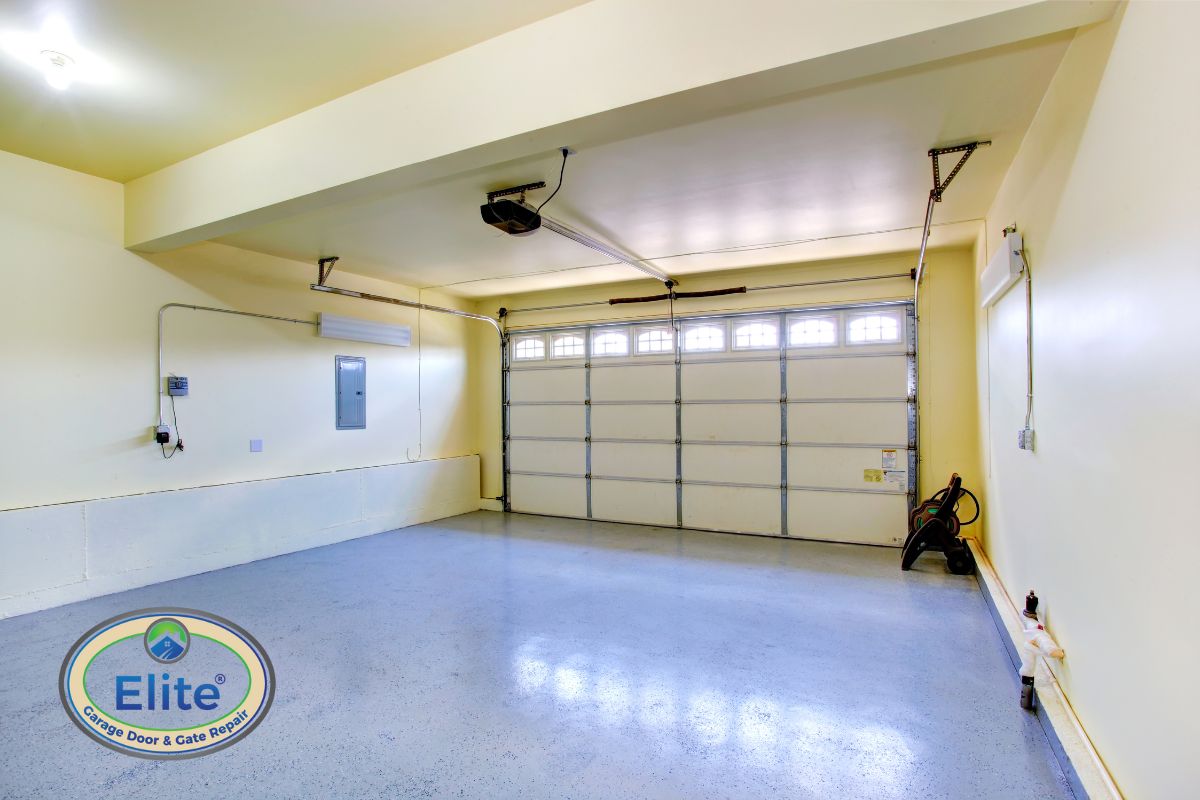
Space that may be used for several purposes
3. Garage Cooling Tips for the Summer
You may use these tips to help keep your garage cool all summer long. It’s essential to focus on air movement. Fans may be used to help circulate the air in a room. Passive or active ventilation methods may also improve garage air quality. Roofs are often required for passive ventilation.
Natural Factors, such as breeze and thermal buoyancy, are used to circulate air in and out of an interior room without requiring a large amount of energy. Active ventilation, on the other hand, is more expensive and requires a higher level of expertise, and it will also need a routine maintenance habit. Despite this, mechanical power is typically to blame for making things operate better.
4. Cooling a Garage, That’s Free of Windows
It is possible to cool a garage that does not have any windows. Fans may help circulate the air and provide a cool breeze. Oscillating and pedestal-mounted models may also help circulate the air. In some instances, fans aren’t enough. You may choose between a mini-split air conditioning unit and an attic vent. You may also install a window air conditioning system to cool your garage.
5. Before Parking Your Car, COOL IT DOWN.
While driving, the temperature in your automobile rises because of this. Your garage will be warmed up by the heat of your car as soon as you get home. All that heated air is held within the garage if the door is closed, boosting the temperature in your home.
Consider parking your vehicle on the driveway rather than driving directly into your garage. If you have a shady driveway, your vehicle should be cool enough to move inside the garage in about an hour or so.
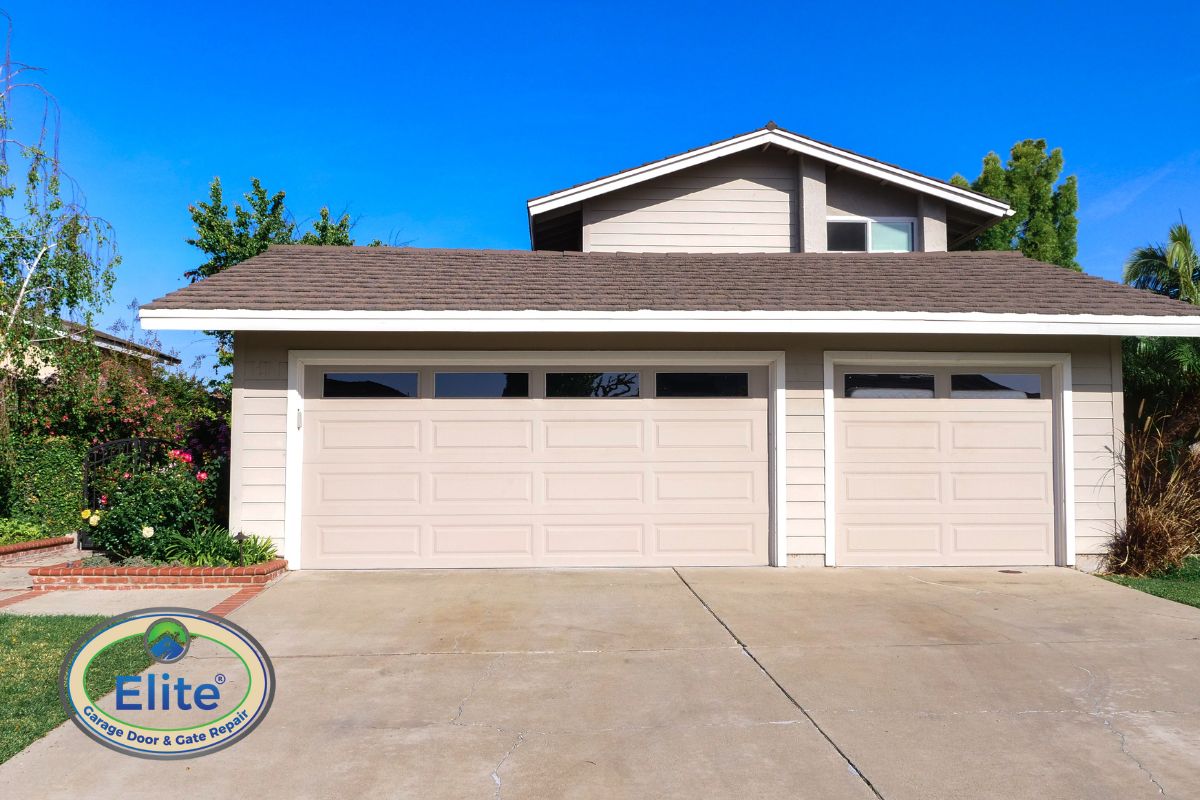
Before Parking Your Car, Cool It Down
6. Suitable locations for a garage fan
If you are interested in using fans to cool your garage, think carefully about where you want to put them. If your garage has windows, consider installing a fan near one. Thus, heated air may be pushed outside. You may want to open the door to your garage and place a fan in the area where the hot air will be pushed out.
Place a fan in your chosen work area to circulate the air. This may assist keep you cool while you’re at the office. Select a cooling system that does not compromise your garage’s safety or operational capacity.
Bottom Line
It doesn’t take long for the temperature in your garage to rise to intolerable levels in the height of summer. There is nothing worse than working in a high-temperature hot garage in summer that also serves as a workstation or hobby shop.
If you live in an energy-efficient home, you are more likely to have a hot garage than an oven during the summer months, and the ways mentioned above will help you cool down your garage.



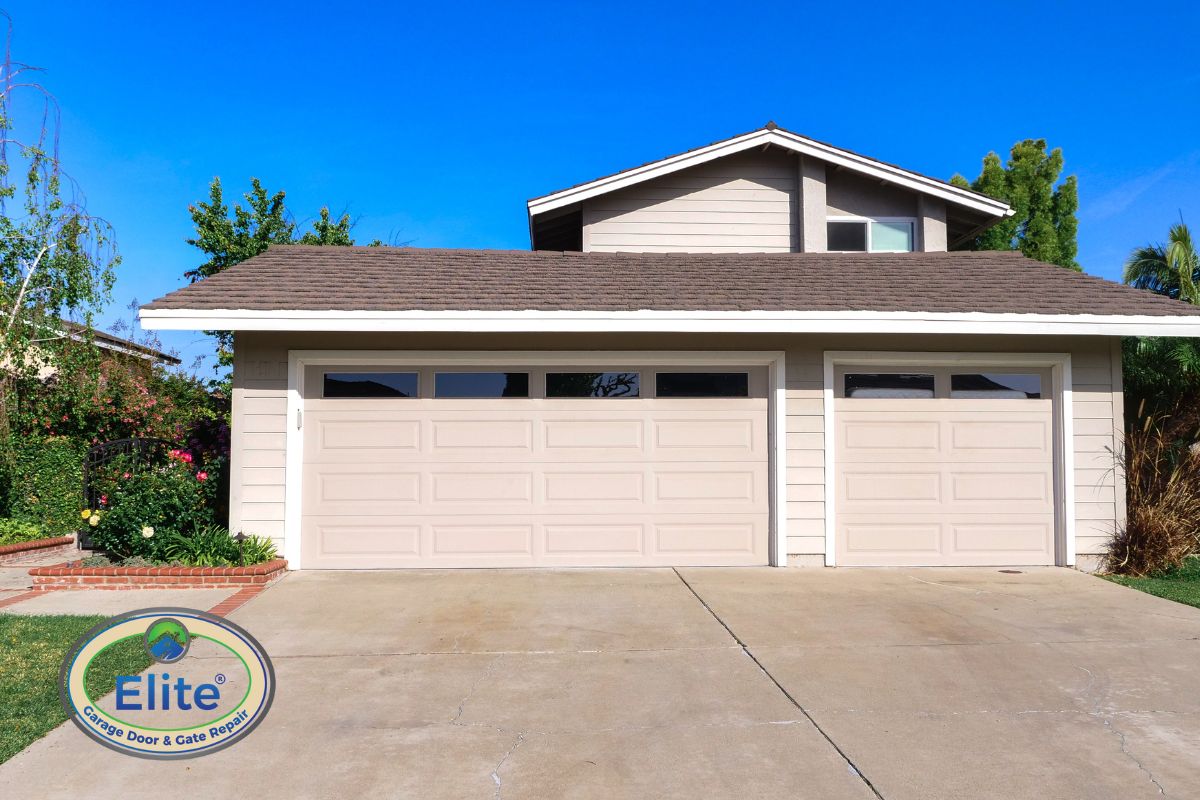



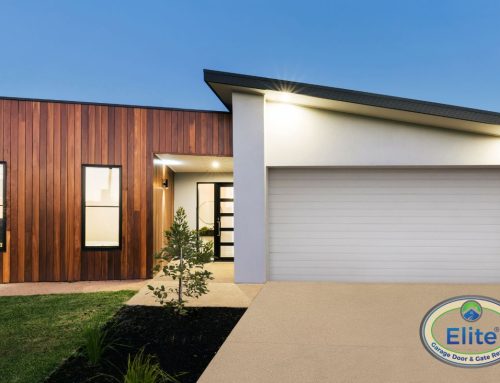
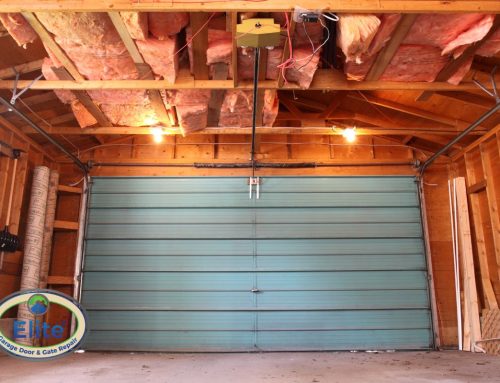
Leave A Comment